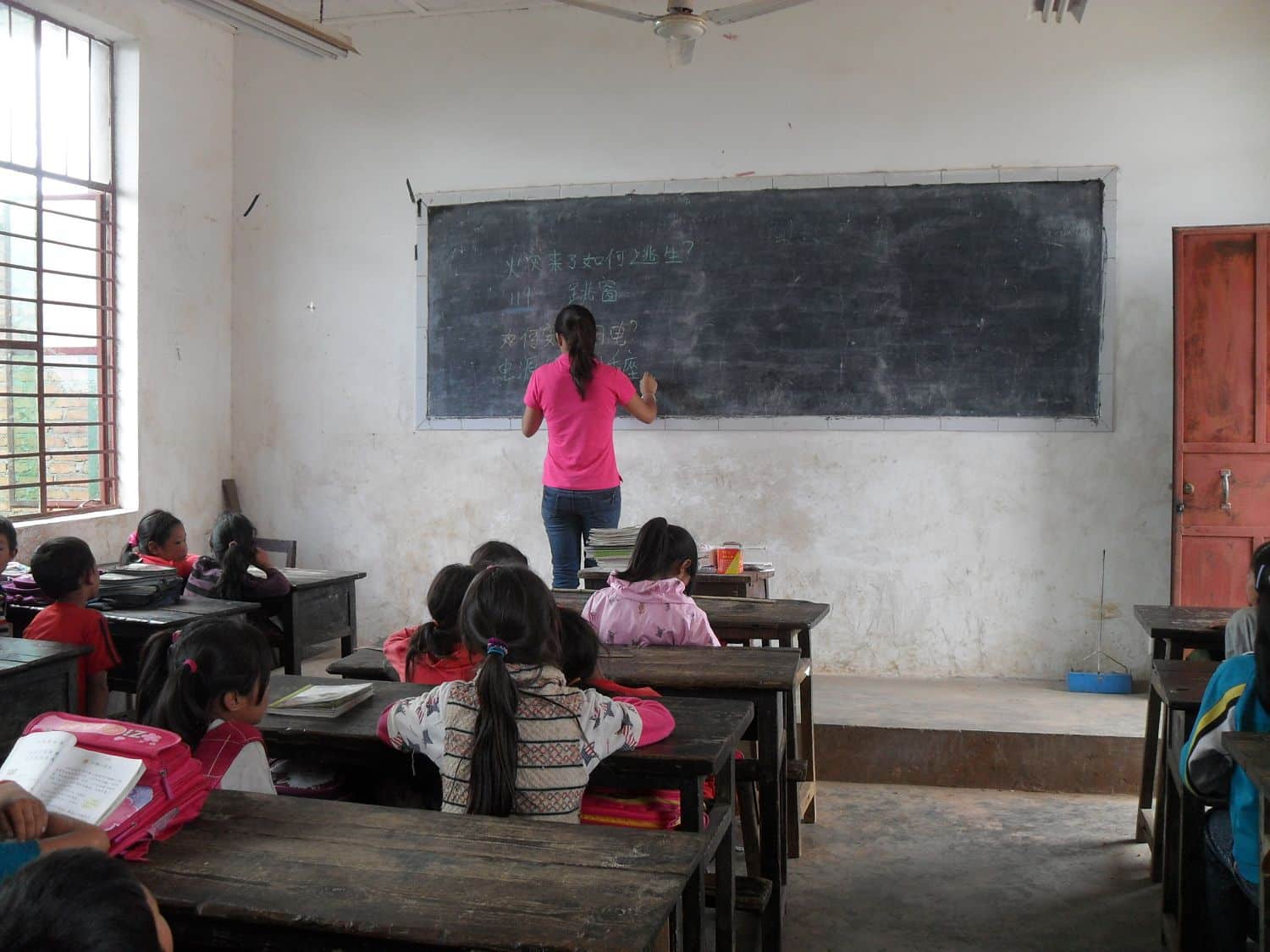When the Chinese billionaire couple, Pan Shiyi and Zhang Xin, donated $10 million to Yale for undergraduate scholarship, I wrote an op-ed for the Yale Daily News, arguing that while their intention might be good, the money should not be given to low-income Chinese undergraduates at Yale. Instead, I suggest that they should focus their charitable donation on Chinese students from extremely poor families, who can never make it to elite Ivy League universities.
Reality Check #1 – Yale already offers need-blind financial aid to international students who meet all their demonstrated requirements, which means that even without the Pan-Zhang donation, every Chinese student can afford Yale College. Now the money will be spent on students like me, who do not come from real low-income families but still cannot pay full tuition in the U.S.
No doubt, the couple had the right to spend the money however they wanted, but since they made a fortune off China’s real estate market, it would have been more appropriate to give back to those in need at home.
In China there is actually a lot to invest in.
During my high school years, I had gone to the countryside twice with my classmates to teach children in rural areas. Not long ago, I received an email from a girl named Na in my class, who still stays in touch with me. Receiving Na’s email, however short and brief, is always a delight. Her nickname on her QQ email often changes, and all the nicknames are poetic but pessimistic. However, her tone is always positive. She would openly admit not doing so well on a test and ask me for tips. She would talk about the school getting harsh on the graduating class in her middle school, but she would say she was doing fine. Many of the boys in her class, whom I have seen on my teaching trip, had already dropped out of school to work even before finishing their 9-year mandatory education. Most of the girls remained in the class, and from what I can recall, Na is one of the most brilliant students in her class. I’m positive that her scores can ensure admission to a good high school, but what does high school mean to children like Na?
Children in rural areas need more than just an opportunity to attend high school or college. They need special care and attention from good teachers and schools to help them reach their potential at a level comparable with their counterparts in the urban areas. Even if a small proportion of them do make it to college, they will still be lagging behind, for students in urban areas have always enjoyed more and better resources.
Money is not everything, but money is fundamental. If we can fund education resources for children like Na, more beautiful minds will be nourished and seeds of hope will be sowed.


